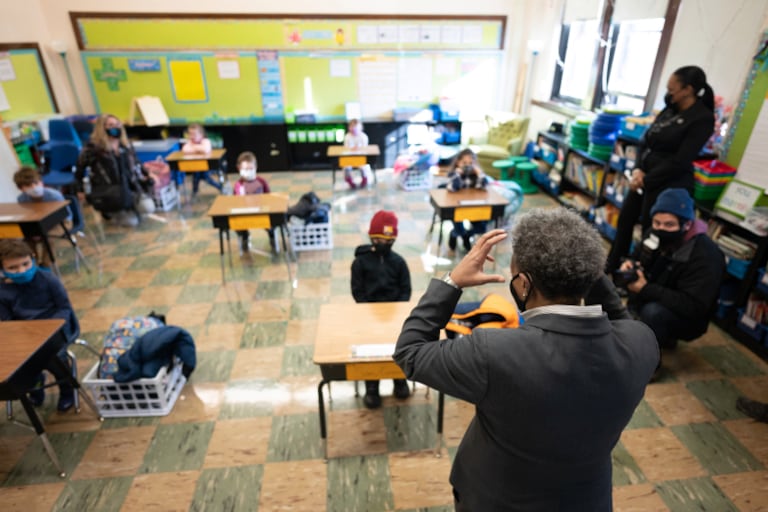Illinois is set to receive more than $5 billion in federal stimulus funding for schools, and most of that will go directly to districts. Chicago, the state’s largest district, will receive about $1.8 billion of that — money leaders have said will go toward mounting costs of reopening campuses and addressing learning disruptions from the pandemic.
Superintendents and school boards will have a lot of flexibility to determine where to direct the money, though the federal government has said they must use at least 20% to address learning gaps.
How would you like to see your district spend the money? What priorities should superintendents and school boards keep in mind? Tell us in the survey below.
If you are having trouble viewing this form on mobile, go here.







